Fuel Level Monitoring
Fuel monitoring in GPS trackers is a technology that allows businesses to track and manage fuel usage in their vehicles. By integrating GPS tracking with fuel sensors, telematics systems provide real-time data on fuel levels, consumption patterns, and refueling events. This helps fleet managers optimize fuel efficiency, reduce costs, and prevent fuel theft or misuse.
Features
- Real-Time Fuel Level Monitoring: View current fuel levels across your fleet.
- Fuel Consumption Analysis: Identify patterns and inefficiencies in fuel usage.
- Refueling Event Logs: Record when and where refueling occurs, including quantities.
- Theft Detection: Receive instant alerts for unauthorized fuel removal.
- Idle Time Monitoring: Measure idle times that contribute to unnecessary fuel waste.
Benefits
Cost Savings
Reduce fuel expenses by identifying inefficiencies and optimizing routes.
Detect and prevent fuel theft or misuse.
Enhanced Efficiency
Monitor driver behaviors like excessive idling or speeding that impact fuel economy.
Plan routes and schedules to minimize fuel consumption.
Improved Security
Receive alerts for unauthorized access to fuel tanks.
Track refueling locations to detect suspicious activities.
Environmental Benefits
Reduce carbon emissions by promoting efficient fuel usage.
Applications
- Fleet Management: For commercial vehicles, logistics, and transport companies to optimize costs.
- Public Transportation: To monitor and control fuel budgets effectively.
- Construction & Mining: To track fuel consumption in heavy machinery and equipment.
- Agriculture: To manage fuel usage for tractors and other farm vehicles.

